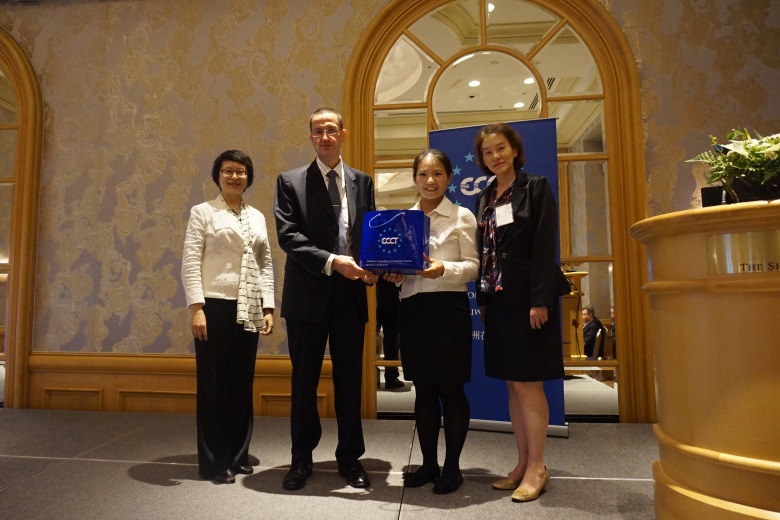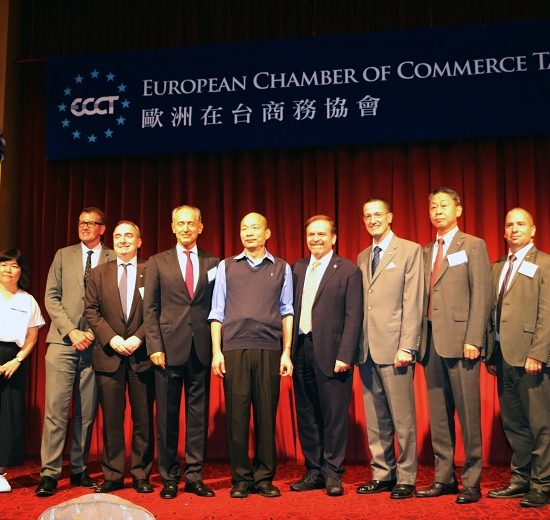Tax incentives for foreign professionals

The ECCT's Tax committee hosted a lunch with guest speaker Liao Shu-I, Head of the Foreign Taxpayers Section Services Division of the National Taxation Bureau of Taipei, under the Ministry of Finance. The speaker gave an overview of individual tax filing requirements and incentives available to foreign professionals following recent legal changes. Following her presentation, she answered many questions from members of the audience related to tax rules and filing requirements.
Based on the Article 9 of the Act for the Recruitment and Employment of Foreign Professionals, starting from 2018, foreign professionals meeting certain requirements are entitled to personal income tax incentives.
According to the act, those engaging in professional work without household registration in Taiwan and who have for the first time been approved to reside in Taiwan or have obtained Employment Gold Cards and earning a salary income of over NT$3 million, may apply to exclude half of their salaries from the assessment of individual income tax liability. Moreover, if the foreign professional obtains overseas income, that income shall be excluded from the basic income.
Furthermore, if the professional does not reside in Taiwan for 183 days or her/his annual salary income is less than NT$3 million, within the first three-year period of tax incentives, the tax incentives may be deferred to other employment periods in Taiwan for the year when s/he meets the requirements. However, these tax incentives may only be claimed for the first three years of employment and the deferral period shall start from the first qualified year and continue without interruption for a period not more than five years.
For residents, Taiwan has progressive tax rates ranging from 5-40%. The top rate was cut from 45% last year.
For those classified as non-residents, flat tax rates apply but vary according to the type of income. Salary income is taxed at 18%, retirement payments at 18%, dividends at 21%, interest at 20% and stock options at 20%.
Taiwan has a relatively simple formula for calculating income tax: Gross Income - Total Exemptions - Standard Deduction/Itemized Deductions - Total Special Deductions = Taxable Income x Progressive Tax Rate - Progressive Difference = Tax Payable.
The standard exemption is currently NT$88,000 (NT$132,000 for senior citizens over the age of 70). The standard deduction is NT$120,000 for individuals. There are additional deductions for salary or wages (NT$200,000), savings and investments (NT$270,000), college tuition (NT$25,000) and preschool (NT$120,000, although this can only be applied for children equal to or under the age of five.
Tax payers can also claim additional deductions for donations (up to 20% of gross income), insurance premiums, medical expenses, losses from disasters, mortgage interest (a maximum of NT$300,000 and only for properties in Taiwan) and rental expenses (a maximum of NT$120,000).
Additional tax benefits (deductions) are now being offered to foreign professionals if they are part of the terms of an employment contract, including round trip air fare of the foreign professional and his/her family, home leave vacation pay, home moving expenses, utility expenses, rental expenses, repair costs for place of residence and educational scholarships for children.

